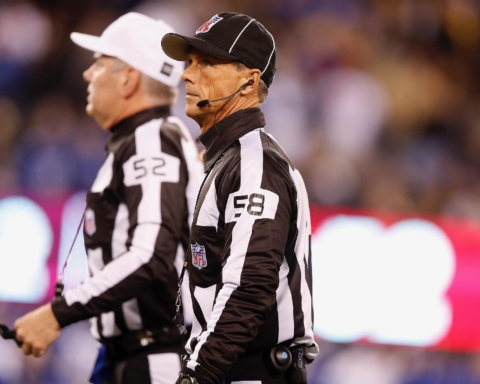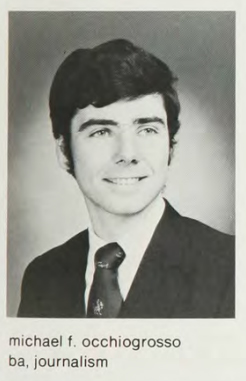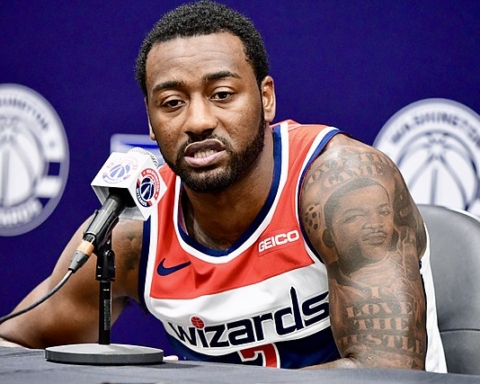By Matt Butler
Associate Editor
For those who possess a Facebook, Twitter, Tumblr or just about any other type of social-media account imaginable, it was nearly impossible to dodge the record-breaking viral YouTube video titled ‘KONY 12,’ last week.
Despite receiving more than 74 million views as of last Tuesday, this exponentially popular short video has sparked rampant interest in monetary donations to the pro-Ugandan justice cause for all the wrong reasons.
While ‘KONY 12’ has demonstrated the power of social media to spread information rapidly, it has also exploited a major weakness – how misinformation can indoctrinate individuals within the global society to believe things that may not always be as they appear.
The film, a 29-minute production of the international justice advocacy group Invisible Children, was designed to raise awareness of the atrocities of Joseph Kony, a leader of a Ugandan guerrilla warfare group.
He kidnapped and forced thousands of children from the small Central African country to serve in his military, in addition to subjecting them to rape, torture and other acts in violation of basic human rights, according to the video.
Although Invisible Children deserves to be commended for the massive attention it drew from an international audience on a short basis, the advocacy group has misused social media in a way that most predominantly directly benefited itself. However, it is are not actually helping the hundreds of thousands of African children who are kidnapped, beaten, raped and forced to do things against their will.
As a result, Invisible Children has presented itself as the only mediator of justice capable of bringing about change in this particular ongoing infringement of civil liberties. In the coming weeks, thousands, if not millions of people, will probably donate large sums of money to this organization and receive apparel like T-shirts, hats, wristbands and various other articles of clothing in hopes of ‘spreading the message’ to other individuals.
How does Invisible Children use this money to end injustice? To put it simply, not in the way that would most benefit Ugandan society.
Out of the $8.7 million dollars raised by the group last year, only 32 percent of the funds went to support direct services, while the remaining 68 percent was predominantly pocketed by the top executives for salaries, travel expenses and film production, according to a 2011 internal audited finance statement of the group.
In addition, the minor portion of the donated funds that went to support direct services was given to the Ugandan government’s army, however, its military has been known for various incidents involving looting, kidnapping and rape, according to a March 2 article on observer.ug.
Not only is a small amount of one’s donations actually used to support the cause, but these minuscule sums do nothing to advance Ugandan justice and peace in surrounding Central African countries.
It is astounding how an individual can watch a Hollywood production on an abuse of intrinsic civil freedoms and suddenly become an astute world peace activist, when infractions of justice exist all over the world? Because there is no watered-down film about other global problems, these issues are never brought up to the public.
It is important for individuals to perform their own research regarding various global issues society faces before mindlessly buying into the buzz created by social media.
While Invisible Children’s cause is good in nature and Kony must be brought to justice for his cruel acts of vulgarity, the organization itself is questionable at best. Social media has given this group a false sense of empowerment to bring about change, at least in the forms of added zeroes in its executives’ paychecks.
butlerjm10@bonaventure.edu





